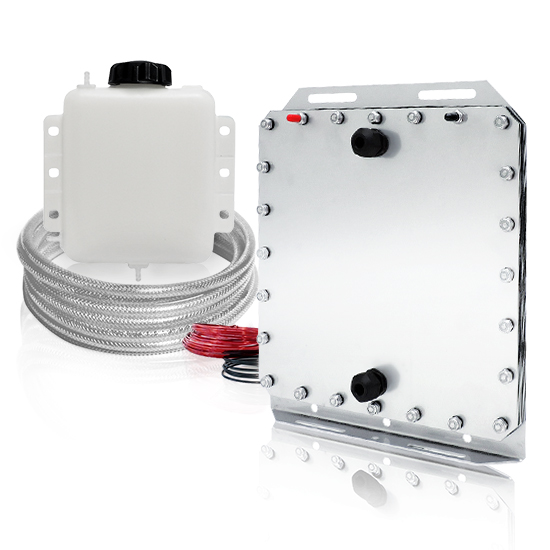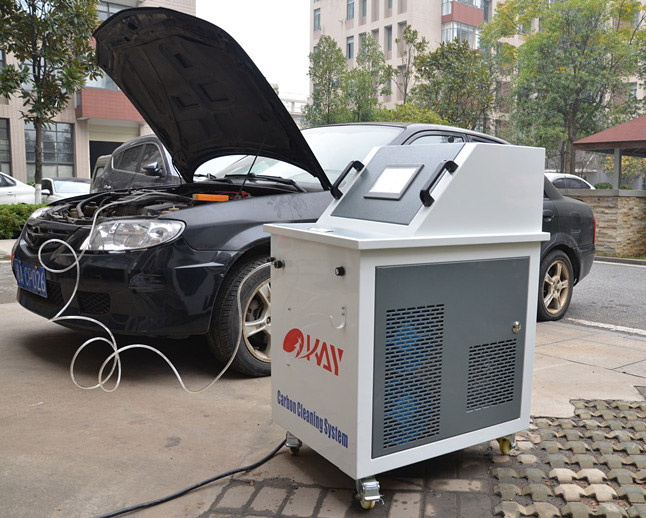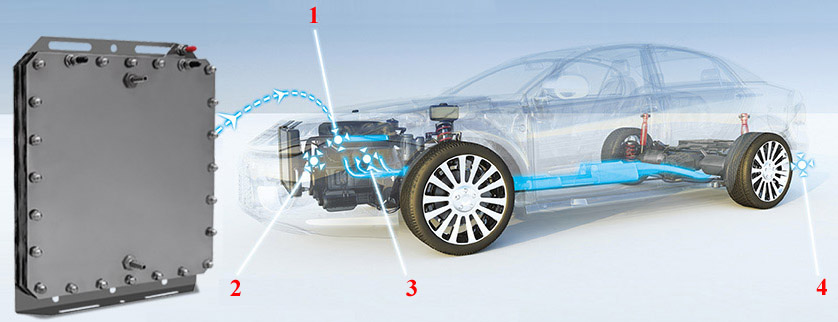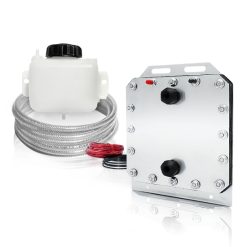No products in the cart.
Engine carbon cleaning services vs hydrogen on demand generators
Over time, internal surfaces of the engine’s combustion chamber and valves accumulate carbon deposits.
These deposits prevent proper closure of the valves and reduce both power and fuel efficiency. In more extreme cases, carbon deposits remain super-heated between ignition cycles and cause pre-ignition of the incoming fuel. This causes rough engine operation and premature engine failure.
Removal of carbon deposits restores lost engine performance and improves fuel economy.
Commercial carbon cleaning services inject a very large amount of hydrogen into the engine for approximately 30 minutes. This annual procedure costs $200 on average.
Better Fuel hydrogen generators provide significant fuel savings and inherently offer all the performance benefits of hydrogen cleaning.
Carbon cleaning services are not able to clean components outside of the combustion chamber, such as catalytic converter and exhaust gas recirculation EGR valve.
Only the clean combustion created by consistent use of hydrogen can protect these components and prevent them from getting dirty.
The use of on board hydrogen generator improves the engine’s thermal efficiency, lowers pollution and keeps the oil clean longer.
This results in increased longevity of the engine.
Read more:
How hydrogen generators for vehicles work
How to select correct equipment
Setup and operation of HHO equipment, safety, compatibility
Results of NASA’ s experiments with hydrogen in internal combustion engines
Effect of Hydrogen HHO on Emissions
How to convert engines to use hydrogen as primary fuel
What happens when too much hydrogen is supplied to an engine
Visit our store
Summary

Article Name
Engine carbon cleaning services vs hydrogen on demand generators
Description
Engine combustion chamber accumulates carbon deposits. These deposits reduce power and fuel efficiency.
Better Fuel hydrogen generators provide significant fuel savings and inherently offer all the performance benefits of hydrogen cleaning.
Carbon cleaning services are not able to clean components outside of the combustion chamber, such as catalytic converter and exhaust gas recirculation EGR valve. Only the clean combustion created by consistent use of hydrogen can protect these components and prevent them from getting dirty. The use of on board hydrogen generator improves the engine’s thermal efficiency, lowers pollution and keeps the oil clean longer.
Author
Better Fuel Technology
Publisher Name
Better Fuel Technology
Publisher Logo










